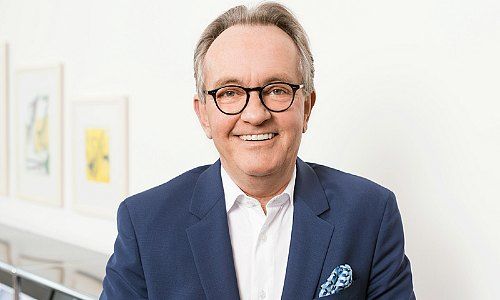Gerhard Walde, the doyen among Swiss real estate agents, tells finews.com why he dislikes high property prices and in which segment he expects a burst of the bubble.
You have been a real estate agent for 34 years. How did the business evolve over all those years?
Fundamentally, it is the same as ever. What’s changed is the share of homeowners, even if the exact number is unknown. The most recent figure was about 30 percent. In the meantime, the estimates suggest a share of between 38.5 and 40 percent. Which means that the number of homeowners has increased enormously over the past ten to twelve years.
The reason for this is primarily the boom of owner-occupied flats and the interest-rate environment. It still tends to be cheaper to buy than rent even though prices have doubled over the past ten years. At least in the lower to mid-market segment.
So this isn’t the case in the high-end of the market?
What is the high end? From location to location, there are big differences. In Uster for example, an apartment for 1.5 to 2 million francs may be at the top end. In Kuesnacht at the Lake of Zurich, definitely not. Also: What's luxury? 1.5 million francs for an apartment in Zurich’s first district is not that much, but it is expensive for a studio flat.
Has there been a shift in the definition of luxury? In Zurich, young people without private wealth are hardly able to afford a normal apartment.
Yes, simply because it is difficult to come up with the required capital. In principal, it makes sense to keep an eye on financial viability. It makes perfect sense to demand a minimum of 20 percent in own capital.
«The prices at the higher-end of rented accomodation are under pressure»
With a good income it is fully possible to afford the remaining 80 percent thanks to the interest rate environment. This is in some cases less than what you pay for rented accommodation. Whether it is correct to calculate the sustainability on the basis of a 5 percent interest rate is a political question.
Why is it that prices increased so strongly?
- Page 1 of 2
- Next >>




































